
The Hidden Costs of Food Waste in Businesses
{ "@context": "https://schema.org", "@type": "BlogPosting", "headline": "The Hidden Costs of Food Waste in Businesses", "image": ["https://www.
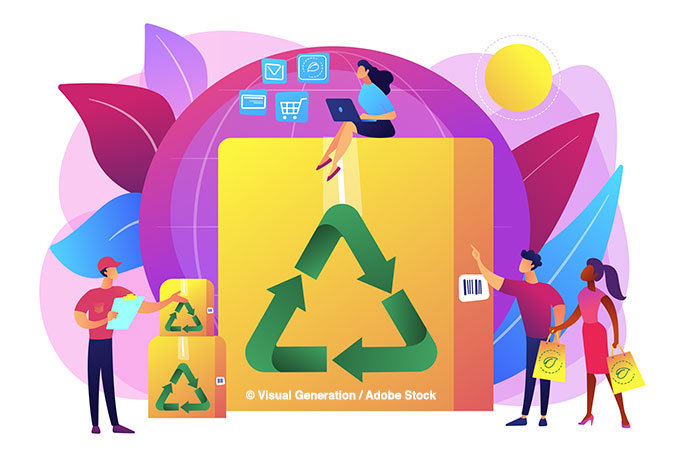
Zero-Waste Shopping? Is that Possible?
Retailers are on a mission – they not only want to reduce food and product packaging in stores, but they also want to eliminate it completely. Pre-packaging was introduced with the invention of plastics and as a means to sell more product at one time.

3 Simple Steps to an Eco-Friendly Workplace
Tried breaking your colleagues out of a well-worn habit? Does it feel like there's just not enough hours in the day? Workplace sustainability can feel like an oxymoron. Often times, operating a business means generating a fair amount of waste.
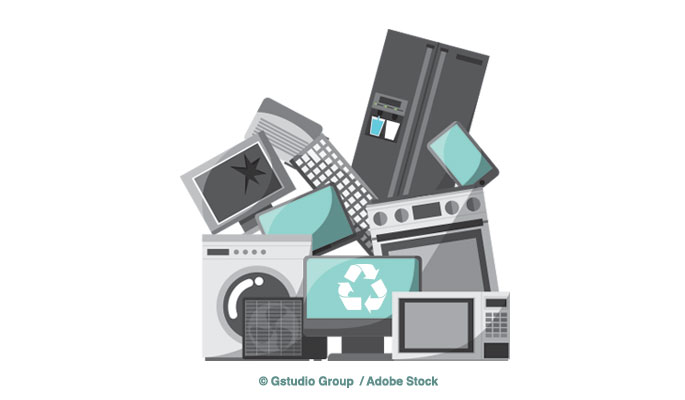
Challenges and Opportunities in Rare Earth Metals Recycling
Rare earth metals are essential in research, development, and manufacturing of new consumer and industrial electronics, including several critical uses in alternative energy infrastructure such as wind turbines, electric cars, and nuclear reactor rods. Rare earth metals are metal compounds found as ore in the earth's crust that has specific chemical, magnetic, and electronic properties.

5 Questions To Ask Before Buying A Commercial Garbage Bin
Has your facility previously purchased garbage bins on a whim with minimal budget? Before panic sets in and the dread for procurement approval begins, you’ll need to ask yourself these five questions to ensure the same mistakes aren’t made twice. 1.
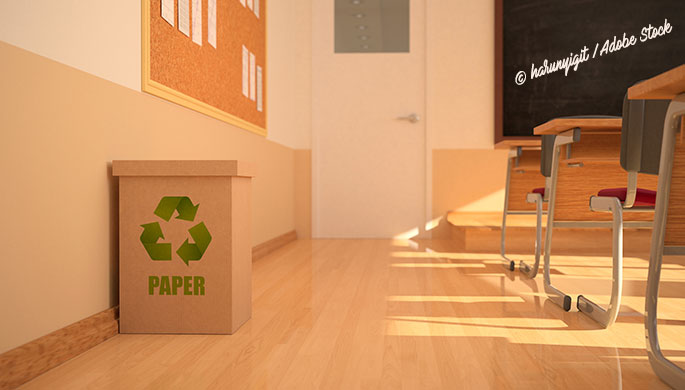
How to Increase the Awareness of Recycling Waste in High Schools
High schools produce large amounts of waste with used electronics, instructional materials, and food. It is estimated that 24% of waste from high schools is from recyclable paper, while 50% is from non-recyclable paper and food.
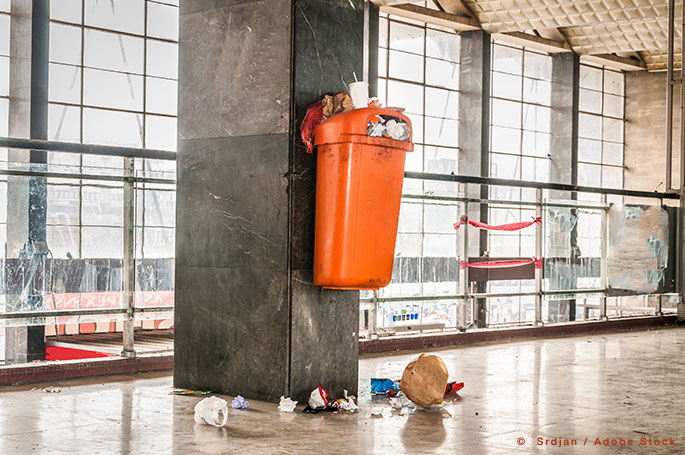
Are Your Workplace Garbage & Recycling Bins an Eyesore?
Are your waste receptacles outdated? Are they no longer serving the needs of your employees and clients? Between 80% to 90% of solid waste in the average workspace is recyclable, so maybe you want to implement a more environmentally conscious waste disposal program, but don’t know where to start. You can begin by assessing the size of your office, the day-to-day population, popular areas to congregate, the types of waste the facility collects, and how you use the bins.
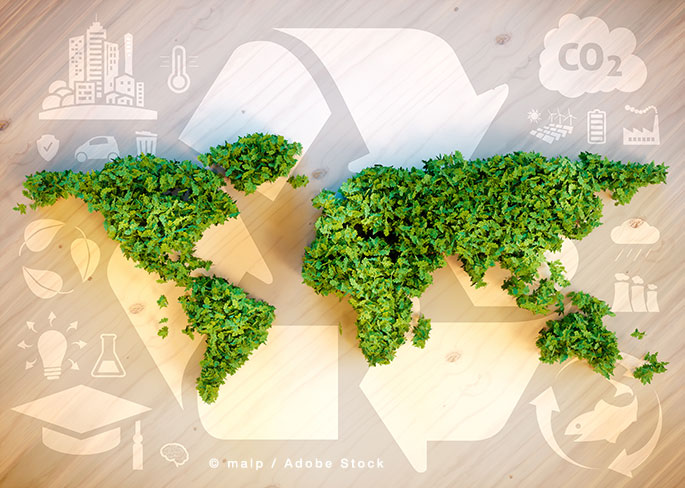
3 Countries With the Best Waste Recycling Strategies
Countries are now becoming aware of environmental issues like plastic waste, the amount of rubbish going into landfills, and the lack of natural resources. Some countries have come up with better ways of handling these issues more than others.
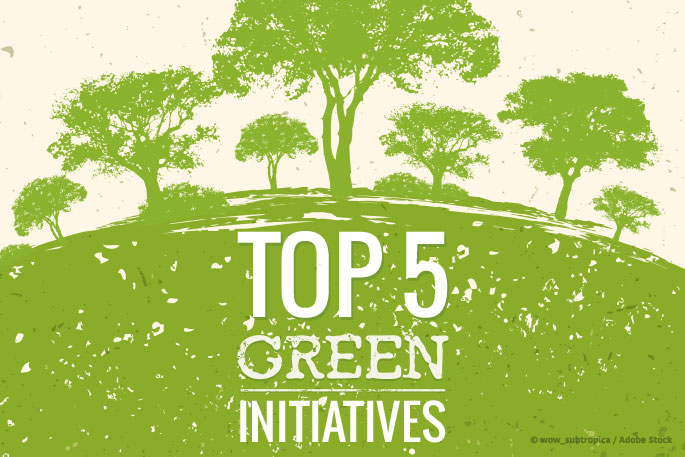
Our Top 5 Green Initiatives for June 2019
Carbon Footprint and Climate Change American Forests Tree Equity program is using urban forestry initiatives to address both climate change and social equity in underserved communities; underserved, because they do not have enough trees, jobs, or opportunities. Tree Equity is using the model of 'the right tree in the right place' to develop healthy ecosystems and help encourage jobs to care for the new urban forests.

Why Companies Should Care about Food Waste
You may have heard about how food waste is a serious environmental problem, but what does it mean for your business? Who cares if some food is thrown away before it can be eaten? Food waste costs more than you might think, both to your business and for the environment. What Food Waste Costs to Your Business According to the United Nations Food and Agriculture Organization, thirty percent of food in the U.





































































































































